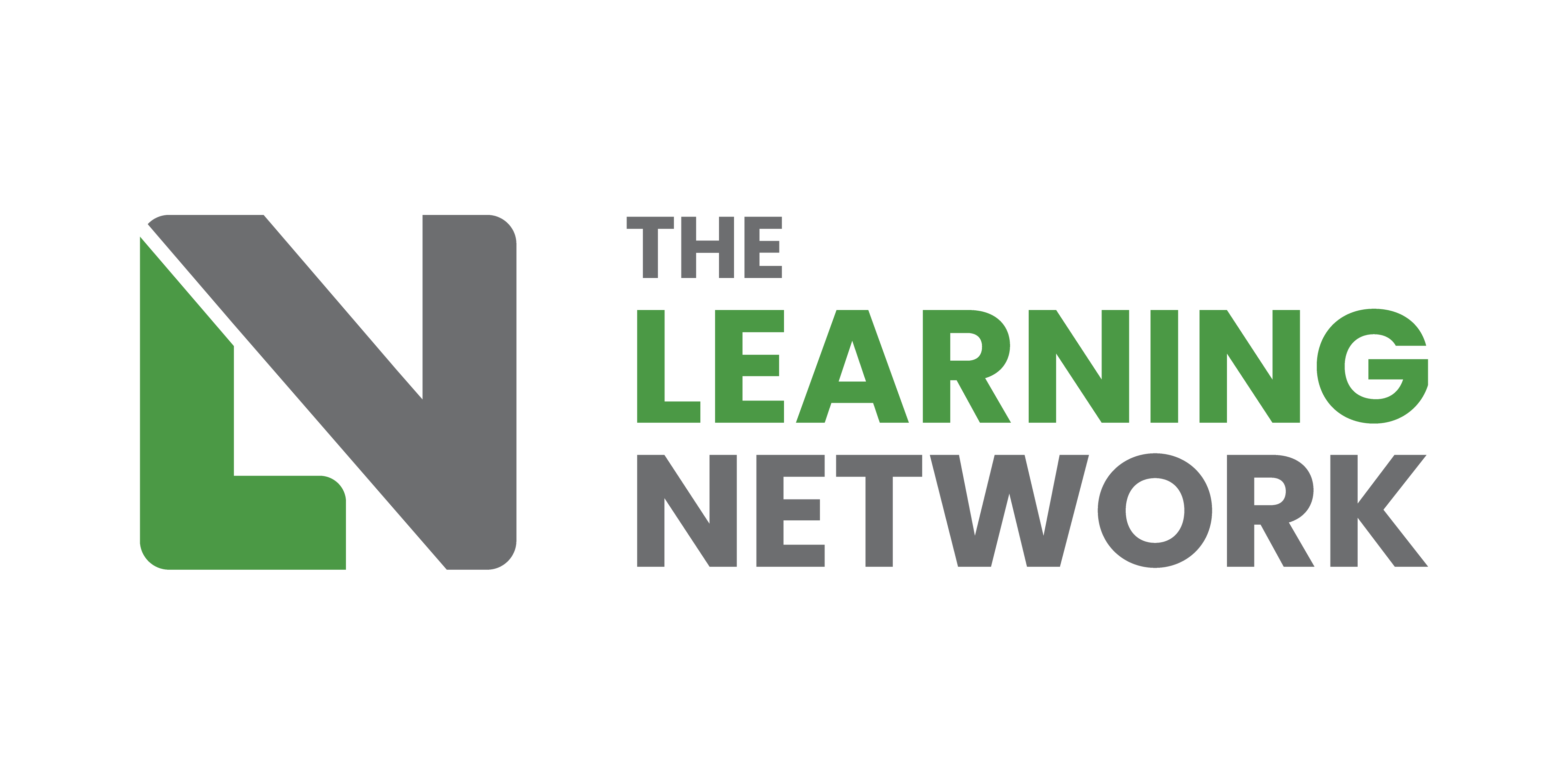By Neha Baj, member of The Learning Network
After years of buying jars of premade tomato sauce for pasta, at some point in the early 2000s, I decided to start making my own, using tinned tomatoes as a basis. Over the years, I’ve perfected my recipe (although I’m still open to suggestions!), but the turning point came when I started to add a small amount of sugar to balance out the acidity of the tomatoes. So what does this have to do with mentoring, I hear you ask?
Mentoring is a form of social learning. Social learning describes how learning is not an isolated experience; as social animals, humans can’t help but learn from each other. First described by Albert Bandura, it “emphasizes the importance of observing, modelling, and imitating the behaviours, attitudes, and emotional reactions of others” (McLeod, 2023). I’m pretty sure I had a go at adding sugar by observing, modelling, imitating – and cooking alongside – a friend who’d just come back from a holiday in Italy.
But whereas a coach/line manager/recipe card might be prescriptive (“add a teaspoon of sugar per tin of tomatoes”), a mentor would simply encourage you to try something new (“have you thought about how you can make it a bit less acidic?”).
Both roles have their place, and both can make use of the GROW model to stretch the learning experience (Miller, 2020). Using this model, mentors can:
-
- Agree a Goal
-
- Examine the current Reality that the mentee is working in
-
- Explore the Options that are available to reach the goal and
-
- Establish the Will to carry out specific actions to achieve the goal
Someone who speaks your language
Mentors provide valuable insights that go beyond what can be learned on traditional courses; they help develop performance, provide feedback, explore ideas and guide through professional hurdles. Mentors can also help build connections (e.g., to knowledgeable people), advise on processes (e.g., models and frameworks) and signpost to opportunities (e.g., to useful resources).
But often being a mentor means simply having the conversation leading to the ‘G’ – the Goal – of the GROW model. For so many of us, working remotely and working on our own means that what we value most of all is a sounding board – someone in the industry who understands us, understands our challenges and can help reframe those challenges. After all, there’s only so much you can talk to your partner about the merits of Brinkerhoff vs LTEM.
Advances in mentoring
Larger corporates have long had mentoring schemes matching senior leaders with graduate-entry starters, with the view being that junior staff should seek to emulate leaders, perhaps by following the same career path – we’re back to the idea of observing, modelling, imitating. This can provide some assurance for companies, creating a pipeline of the next generation of leaders. But social learning can be so much more than this.
Google’s G2G programme pairs staff members with other staff members for a collaborative learning experience; the scheme supports a strong learning culture, recognising that a mentor doesn’t always have to be more senior than you and that everyone has some insight to offer (Biggs, n.d.). Reverse mentoring is being used to good effect at Deloitte, connecting junior staff who are women from BAME backgrounds with senior-level mentees, allows varied topics to be explored together, including “respect and inclusion at work, recruiting and retaining BAME people and the importance of resilience.” (Deloitte, n.d.). A structured scheme such as this encourages good conversations – which are unlikely to happen organically at such a scale.
In a recent report by Mind Tools, ‘Megatrends Reshaping the Future’ (2023), 83% of millennials surveyed felt that support from their mentor was essential, very useful or useful.
The Learning Network’s mentoring scheme doesn’t take seniority into account at all – instead it simply asks of mentors, “how can you help others through your knowledge and experience?”
Mentoring with the Learning Network
The nature of the Learning Network – made up of a great deal of freelancers and one-person bands – means that mentoring is not only wanted, but really needed. For me, mentoring has been truly eye-opening – an opportunity for networking, socialising, learning about different sectors and about different ways of working.
While I certainly hope I’ve been of some service to my mentees, being a mentor has given some insight into:
-
- How difficult it can be early in your career to figure out your next move – do you want to go sideways, into management, into something else entirely?
-
- How lonely it is to be the only person in an L&D team, and with a manager who doesn’t really know what you do all day. You’re already great at adding value but how can you also demonstrate that value?
-
- How hard it is even as an L&D leader to take on a new challenge and advocate for yourself. You’re nearly at the top – where do you want to go next and how do you get there?
Two ears, one mouth
Mentors don’t have all the answers. Probably the greatest asset they can have is their ability to listen. But while a mentor can be a sounding board, at what point should they offer tips, suggestions, quick fixes? I recall being on holiday years ago with a good friend who wanted to talk (again) about her boyfriend troubles; my instinct was to go straight into solutioneering mode…she had to gently remind me to listen more and talk less. Sometimes, there’s a great technique you can share that you’ve used successfully before. And sometimes, there is just no quick fix.
My general advice is, scale back on the unsolicited advice (the same applies when you’re talking to new parents!).
Trust your mentor, but trust yourself more
Mentors come with real-life experience but only you understand the full context. Succeeding in the world of social learning requires mentees to apply critical thinking skills to supports and resources (Kennard, 2020). Particularly when there is conflict about best practice, as there so often is in the world of L&D, it can be difficult to know what the correct approach is.
While a mentor can inspire and advise, it’s down to the mentee to assess and evaluate – the consequences of poor decision-making can have a lasting impact not only on the person, but on the wider organisation too. Successful mentoring is part of a learning culture that’s rooted in trust; it allows open conversation and collaboration and helps sustain innovation and creativity (Carter, 2017).
The Learning Network’s Guider platform
The Learning Network’s new implementation of the Guider Mentoring software (https://the-learning-network.guider.app/), provides a platform that facilitates the organisation and management of effective mentoring programmes, including matching mentors with mentees, scheduling sessions and tracking progress. Powered by AI, it helps keep on top of your mentoring relationships and also contains a wealth of resources to make the most of those relationships.
A particularly useful feature of the platform, and in the true spirit of social learning, is the ability to set yourself up as both a mentor and a mentee. Because no matter how on top of things we think we are, we could all do with a little bit of help.
Get cooking
Getting involved in mentoring can open up a wealth of ideas and a whole new way of thinking.
Anyway, have you tried adding a dash of balsamic?
References
Biggs, H. (n.d.). Boost employee knowledge with employee to employee learning. [online] ocasta. Available at: https://ocasta.com/blog/2019/09/18/what-is-g2g-learning-and-why-are-google-using-it-to-boost-employee-knowledge [Accessed 19 Jan. 2024].
Carter, D. (2017). Trust in social learning. [online] Training Journal. Available at: https://www.trainingjournal.com/2017/business-and-industry/trust-social-learning/ [Accessed 19 Jan. 2024].
Deloitte (n.d.). Reverse mentoring scheme provides senior leaders with fresh perspectives. [online] Deloitte UK. Available at: https://www2.deloitte.com/uk/en/pages/impact-report-2019/stories/reverse-mentoring.html [Accessed 19 Jan. 2024].
Kennard, J. (2020). Take 5: Critical thinking. [online] Training Journal. Available at: https://www.trainingjournal.com/2020/uncategorised/take-5-critical-thinking/ [Accessed 19 Jan. 2024].
Mcleod, S. (2023). Albert Bandura’s Social Learning Theory. [online] Simply Psychology. Available at: https://simplypsychology.org/bandura.html [Accessed 19 Jan. 2024].
Miller, K. (2020). What Is the GROW Coaching Model? [online] PositivePsychology.com. Available at: https://positivepsychology.com/grow-coaching-model/ [Accessed 19 Jan. 2024]. Mind Tools (2023). Megatrends Reshaping the Future: The Crucial
Mind Tools (2023). Megatrends Reshaping the Future: The Crucial Role of L&D in Business Transformation. [online] Mind Tools for Business. Available at: https://www.mindtools.com/business/research/megatrends-reshaping-the-future/ [Accessed 19 Jan. 2024]



